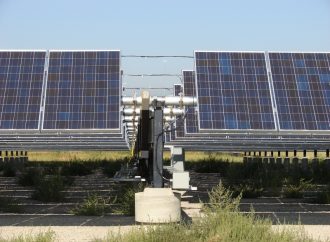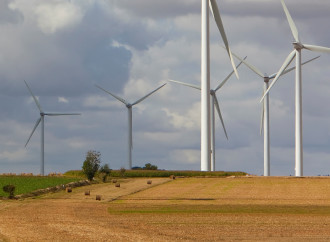What Does the Constitution Mean by “Natural Born Citizen?”
- December 4, 2023

Colorado often fancies itself as a leader in the so-called clean energy transition. And in some ways it has earned that reputation. The state became the first in the nation to enact a renewable portfolio standard by citizen’s initiative, for example, all the way back in 2004. And the Colorado General Assembly routinely passes new
READ MORE
As the 2018 Colorado governor’s race intensifies, two Democrat candidates have proposed extending Colorado’s existing Renewable Energy Portfolio Standard (RPS) from 30 percent by 2020 to 100 percent by 2040. The purpose of this study is to highlight some of the main costs and impacts associated with a hypothetical 100 percent RPS in Colorado. Because few details have been released regarding the design of such a policy, this study evaluated the costs associated with two very different 100 percent RPS scenarios.
READ MORE
Despite billions in taxpayer subsidies, the United States currently generates less energy from solar and wind, the darlings of government favoritism, than it did from renewables in 1950.
READ MORE
“Elections have consequences, and at the end of the day, I won.” – President Obama to House Republican Whip Eric Cantor, January 23, 2009 The same is true in 2016 with President-elect Donald J. Trump who promised to kill the controversial and likely illegal “Clean Power Plan” (CPP). Now Xcel Energy and the Colorado Public
READ MORE
By John Knetemann and contributors Xcel Energy’s well of public support for the Rush Creek Wind Farm, a $1.1 billion, 95,000-acre wind farm boondoggle on Colorado’s Eastern Plains appears to be poisoned. Conventional wisdom says Xcel’s application along with the so-called public approval process via the Public Utilities Commission (PUC) for the Rush Creek Wind
READ MORE
